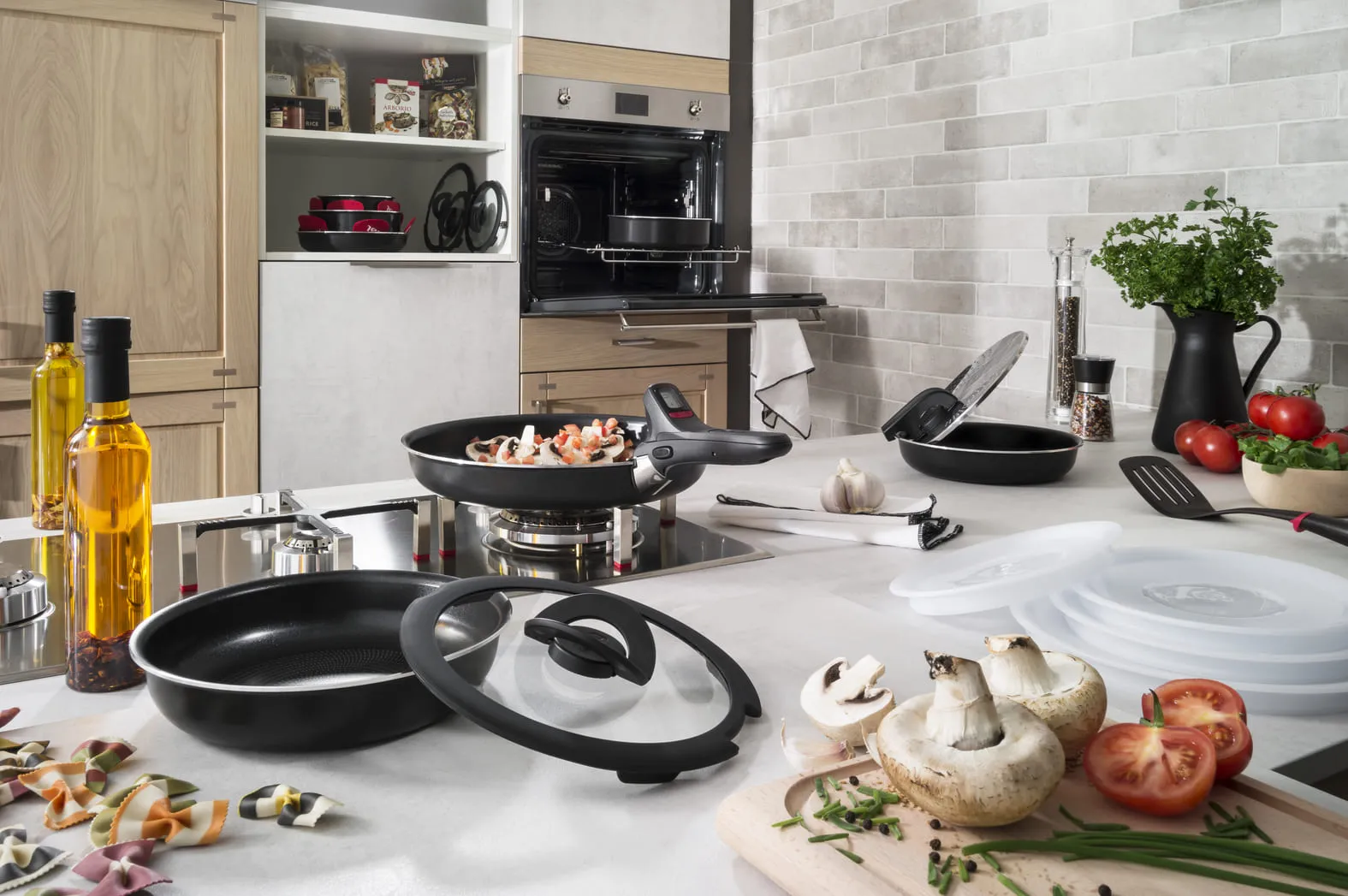How to Avoid Chemical Contamination from Cookware: A Guide to Safe Cooking

While cooking our food, the last thing we should be concerned about is the risk of chemical contamination from our cookware. Yet, the truth is that there are materials used for cooking that can leach chemicals into the food we eat, which can hurt us. In this guide, we will discuss the dangers of chemical contamination from cookware and give you advice on how to steer clear of it.
The Dangers of Chemical Contamination
Chemical contamination from cooking vessels can take place when materials like non-stick coatings or metal alloys degrade and leach chemicals into food. These chemicals may be perfluorinated compounds (PFCs), lead, cadmium, or other heavy metals. Exposure to these chemicals is associated with various health issues such as cancer, reproductive disorders, and neurological harm.
Cookware Materials to Avoid
When it comes to preventing chemical contamination from cookware, the right materials must be used. The following are some cookware materials to avoid:
- Teflon-coated cookware: Although Teflon is a well-known non-stick coating, it can degrade at high heat and leach PFCs into food.
- Aluminium cookware: Aluminium can react with acidic foods and leach metal ions into food. -Copper cookware: Copper also reacts with acidic foods and leaches metal ions into food.
- Non-stick cookware with unidentified coatings: Avoid non-stick cookware with unidentified coatings, as they can contain PFCs or other toxic chemicals.
Safe Cookware Options
So, what are safe cookware materials to use? Here are some of them:
- Stainless steel cookware: Stainless steel is a non-reactive material that will not leach chemicals into food.
- Cast iron cookware: Cast iron is a durable, non-reactive material and can be seasoned for non-stick performance.
- Ceramic cookware: Natural material-based cookware that does not react to food.
- Tefal's non-stick cookware: Tefal's cookware is comprised of a PFOA-free non-stick coating that's safe to use for cooking.
Tips for Safe Cooking
Beyond selecting the optimal cookware material, here are some tips on safe cooking: - Refrain from high heat: High heat may initiate breakdown of non-stick coatings, and chemicals may leach into food.
- Clean gently: Do not use abrasive cleaners or scouring pads, as they can damage non-stick coatings and cause chemicals to leach into food.
- Do not store food in cookware: Food stored in cookware may lead to chemicals leaching into food.
- Replace old cookware: If your cookware is old or damaged, it's time to replace it.
Conclusion
Chemical contamination from cookware is also an actual threat, but with the right cookware materials and safe cooking habits, you can reduce your risk. Be sure to stay away from cookware materials that leach chemicals into food and instead use safe cookware materials such as stainless steel, cast iron,
ceramic, or Tefal's non-stick cookware. By doing all this, you can have safe and healthy cooking.
Chemical contamination from cookware is also an actual threat, but with the right cookware materials and safe cooking habits, you can reduce your risk. Be sure to stay away from cookware materials that leach chemicals into food and instead use safe cookware materials such as stainless steel, cast iron,
ceramic, or Tefal's non-stick cookware. By doing all this, you can have safe and healthy cooking.